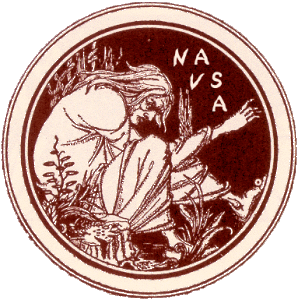
Environment and Culture in Britain, 1688–1851
January 4th-14th, January 2022
4 pm to 5:30 pm UK time
Online, international, and free
Nine interdisciplinary conversations about land, sea, and sky from the Glorious Revolution to the Great Exhibition, featuring…
Tuesday, January 4th: Elizabeth Carolyn Miller on periodizing extraction, and Fredrik Albritton Jonsson on fossil fuels and fossil science
Wednesday, January 5th: Jan Golinski on ideas about climate change in the North Atlantic world, and Lynn Voskuil on tracking globally mobile plants
Thursday, January 6th: Alexander Dick on islands, coastlines, and Scotland’s double colonial history, and Sarah Spooner on landowners, enclosure, and access to the countryside
Friday, January 7th: William Cavert on the business of killing vermin, and Jesse Oak Taylor on the necroaesthetics of Victorian natural history
Monday, January 10th: Steven Mentz on competing identities aboard ships at sea, and Miles Ogborn on the role of the Jamaican landscape in the uprising of 1831–32
Tuesday, January 11th: Clare Hickman on the use and experience of scientific gardens, and Charles Watkins on attitudes to trees newly introduced to Britain
Wednesday, January 12th: Erin Drew on concepts of environmental justice, and Katrina Navickas on trespass into manorial wastes in England
Thursday, January 13th: James Fisher on how to control land and labour through accounting, and Jodie Matthews on engineered water in literature
Friday, January 14th: Carl Griffin on vernacular environmental knowledges and enchantments, and Paul Readman on antiquarianism, history-writing and the embodied experience of landscape
Environment and Culture in Britain, 1688–1851 brings together distinguished scholars in a series of conversations at the cutting edge of new research. The forum is free, online, and open to all. It will be much more discursive than a standard conference. There will be no formal presentations. Instead, in each daily roundtable, two writers whose shared interests cross disciplinary boundaries will discuss puzzles and insights arising in their current research. Their dialogue will be the starting point for open-ended conversation with a live international audience. The forum is supported by the Arts and Humanities Research Council. Please visit environmentandculture.com for more details.